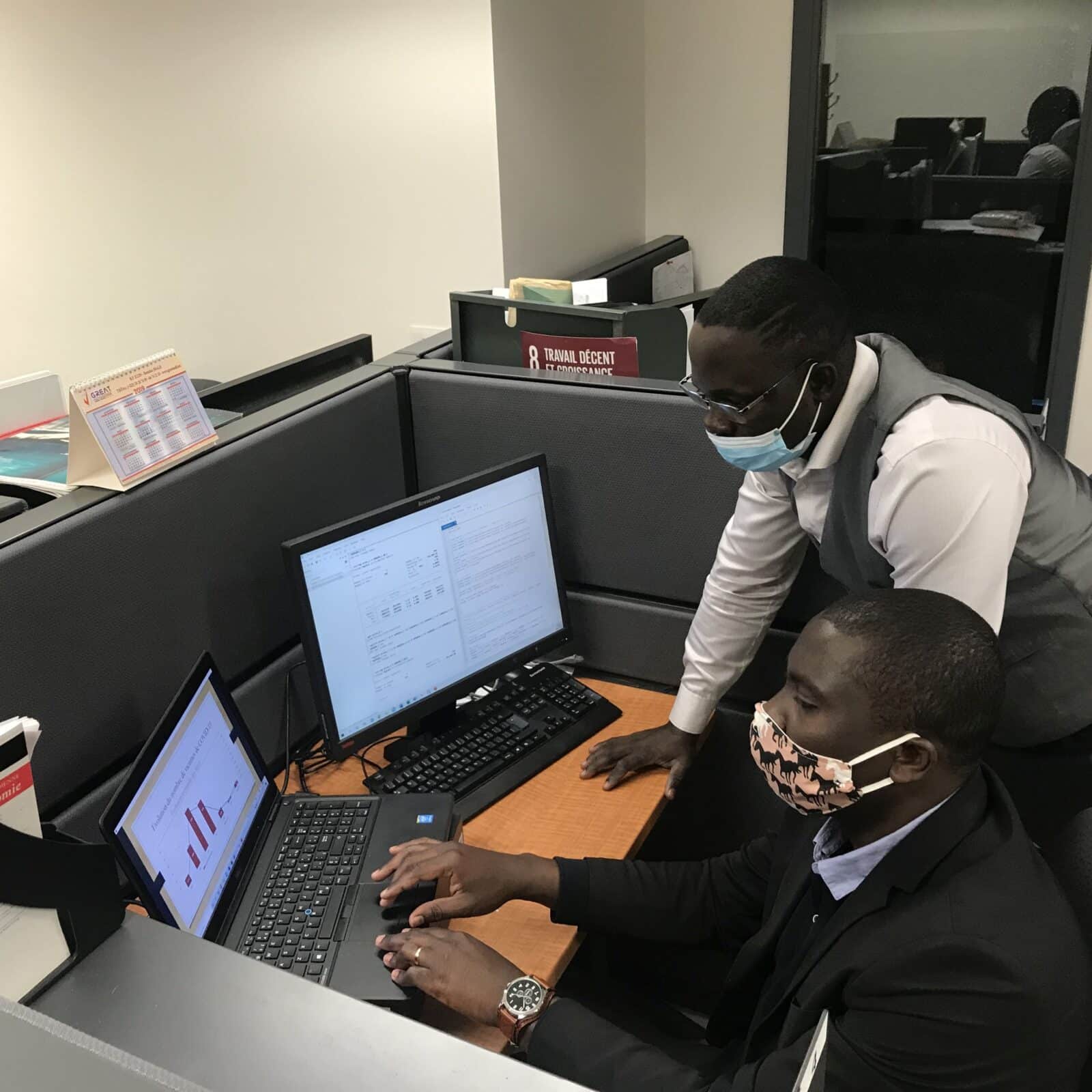About the research
As of September 2020, COVID-19 has infected 2,940 people and caused 128 deaths in nine regions and 36 health districts in Mali. To prevent and curb the spread of the coronavirus, several measures ranging from social distancing recommendation to the complete closure of the economy have been taken by the government of Mali. Since the outbreak, several social protection measures have been also undertaken by the Malian authorities and other stakeholders to support people. However, the impact of these measures on inequalities remains poorly understood. The present study focuses on this issue.
Planned activities
- Researching and compiling policy documents and reports from the Malian ministry departments of health, and economy and fnance (MSAS and MEF).
- Researching and compiling reports and data from Malian health and statistical institutes
(INSP/CN-COVID-19 and INSTAT). - Researching and compiling reports from Malian socio-economic organizations (CNP and
professional organizations). - Researching and compiling reports from international organizations (e.g. WHO, WB, IMF,
ILO, UNICEF, FAO, UNCTAD, COMTRADE/WITS, IFPRI, INCLUDE, etc.). - Researching and compiling socio-media reports.
- Writing the summary report on mitigation and social protection measures in force in Mali.
- Analyzing the impact of preventive measures and the distribution of the social aids using
data from the COVID-19 Panel Phone Survey of Households 2020 of Mali. - Conducting the Key Informant Interviews (Community leaders, Health workers and Care
takers, Socio-economic group leaders, Formal/informal frm managers and workers). - Writing the preliminary report.
